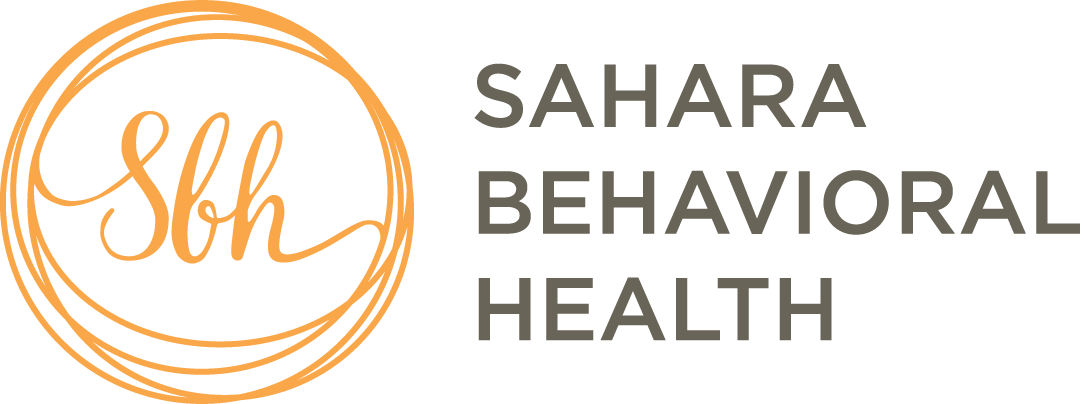Marijuana Addiction
Sahara Behavioral Health can help you or your child combat the effects of marijuana addiction. When marijuana is smoked, THC passes rapidly from the lungs into the bloodstream, which carries the substance to the brain and other organs throughout the body. Regardless of how THC is ingested, the substance acts specifically on the brain cell’s cannabinoid receptors. These receptors are ordinarily activated by THC-like chemicals produced naturally by the body and are part of the neural communication network, called the endocannabinoid system, which plays an important role in normal brain development and function.
The highest density of cannabinoid receptors is found in parts of the brain that influence pleasure, memory, thinking, concentration, sensory and time perception, and coordinated movement. Marijuana over-activates the endocannabinoid system, causing the "high" and other effects that users experience.
Health Complications
Marijuana use is associated with a range of health issues, particularly related to heart and lung problems and mental health conditions. Marijuana smoke is an irritant to the lungs, and frequent smokers can experience many of the same respiratory problems experienced by tobacco smokers, such as:
Daily cough and phlegm production
Frequent acute chest illness
Heightened risk of lung infections
Damage to the immune system
Kills brain cells and damages central nervous system
Fertility issues
Increased heart rate and blood pressure
Studies link chronic marijuana use and mental illness. High doses can produce a temporary psychotic reaction in some users. Use of the drug can also worsen the symptoms for patients who have schizophrenia. Marijuana abuse has also been associated with other mental health problems, such as:
· Depression
· Anxiety
· Personality disturbances
· Suicidal thoughts
· Lack of motivation to engage in typically rewarding activities
Pregnancy
Using marijuana during pregnancy is associated with increased risk of neurobehavioral problems in babies. Because THC and other compounds mimic the body's own endocannabinoid chemicals, marijuana use by pregnant mothers may alter the developing endocannabinoid system in the brain of the baby. Consequences for the child can include difficulties related to attention, memory and problem solving.
Adolescent Addiction
Marijuana has also been shown to negatively affect the brain development of young people who are heavy users. The effects on thinking and memory may last a long time or even be permanent.
Contrary to common belief, marijuana is an addictive substance. Research suggests that approximately 10% of users develop addiction. Addiction increases among those who start using at a young age, an estimated 17% develop addiction.
Withdrawal
Individuals who are addicted to cannabis may experience symptoms of withdrawal when attempting to stop using the drug. Long-term users who try to quit report withdrawal symptoms such as irritability, sleeplessness, decreased appetite, anxiety and drug craving, all of which can make it difficult to abstain. Behavioral interventions, including cognitive-behavioral therapy and
TMS have proven effective in treatment for marijuana addiction.
Marijuana Addiction Treatment
Our treatment options for marijuana addiction is similar to treatment programs and protocols for addiction to alcohol and other drugs. Evidence-based therapies such as medication support, cognitive-behavioral therapy, and TMS, can be effective addiction treatment options.
TMS
Transcranial Magnetic Stimulation (TMS) has been found to be an effective treatment for marijuana addiction. TMS targets the impulse and reward areas of the brain that are negatively impacted by marijuana use and can work to regulate and restore those areas to proper function.

